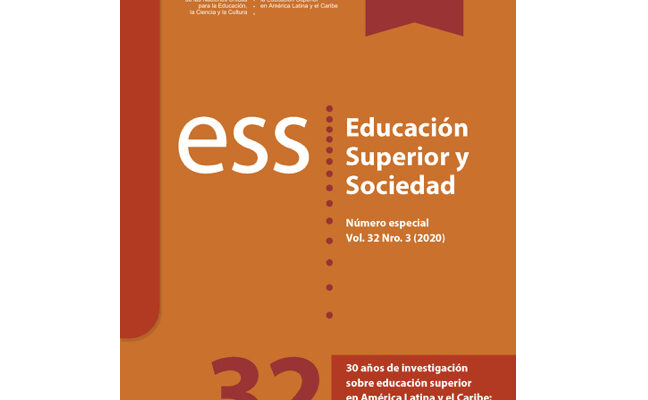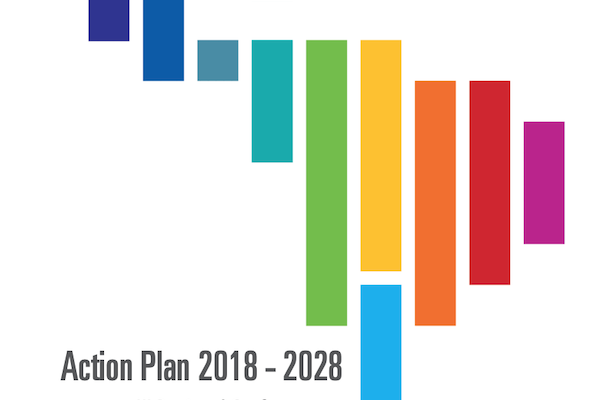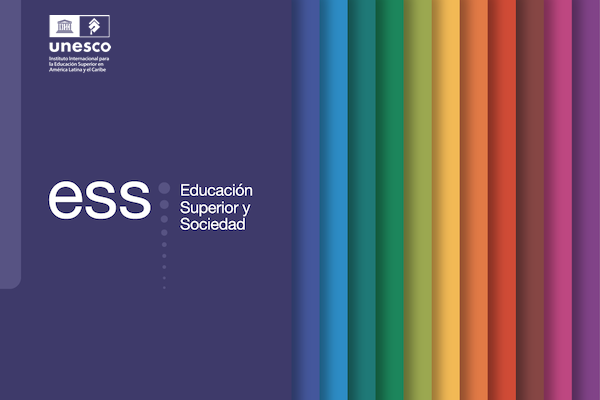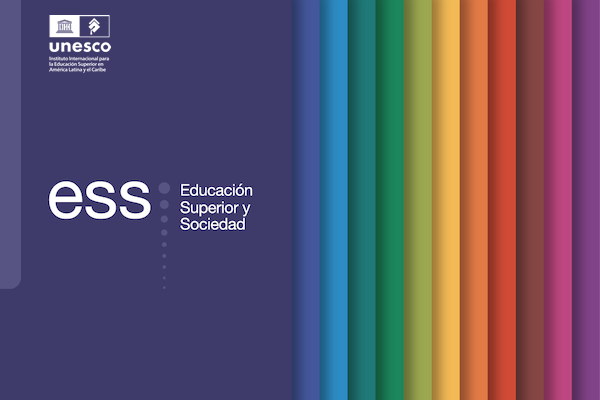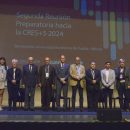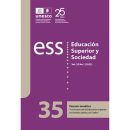Call for the thematic number of the ESS journal: contributions of higher education to the SDGs
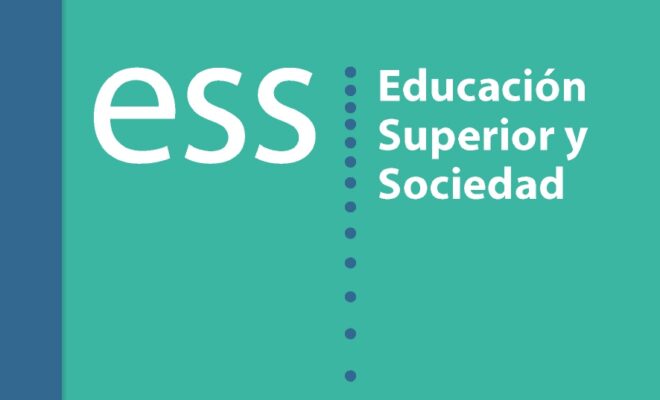
- The call for contributions for the thematic dossier Vol.33, N°2 (July-December 2020) of the Journal Educación Superior y Sociedad ESS (Higher Education and Society), is open until July 31, 2020.
Within the framework of its thirtieth anniversary, the ESS journal continues to identify gaps in knowledge and current interdisciplinary research priorities in and on higher education, with the idea of encouraging the exchange of arguments, experiences and critical debate. Therefore, the topic corresponding to the Journal’s number 2 of year 2020, volume 33, has the intention of contributing with evidences and research findings to deepen the discussion of a theme that is drawing much global attention these days, which is the one addressed in this new opportunity: Contribution of higher education in Latin America and the Caribbean to the Sustainable Development Goals: experiences and practices from their academic functions.
The premise that universities and higher education institutions (HEI), in general, have become fundamental allies for achieving the Sustainable Development Goals (SDGs), as well as the idea that their contributions are relevant in the areas of alliances in training, research and development, international cooperation and entrepreneurship with high social content, has been sufficiently argued. However, the systematization of efforts, initiatives and activities that, specifically, from teaching practice, research and social connection or university extension, are being developed to promote sustainability in HEI, or in particular to incorporate the SDG in a cross-sectional way in university policies and integrating them to the different fields of action of academic life, have been scarcely referenced.
Recently in the working document, Contribución de la educación superior a los Objetivos de Desarrollo Sostenible: marco analítico (Contribution of higher education to the Sustainable Development Goals: analytical framework), published by the IESALC, there is a theoretical development about the practice of sustainability in universities, as well as the approach to SDG from the field of research, going through the pending challenges with the training function and with other areas of university academic work. This work tackles the necessary investigative continuity of the subject with other approaches and perspectives and, fundamentally, with the demonstration of advances and efforts carried out by the universities.
That is why the main objective of this volume and number of the ESS journal is to contribute to the debate on how HEI in Latin America and the Caribbean, in their exercise of academic functions, contribute to the achievement of the SDG from a perspective of sustainability, and a logic of configuration and adaptation to social, economic, cultural and environmental, scientific and technological transformations in their responsibility to offer support to people and communities in order for them to have a critical sense of the global trends and challenges facing the world today.
In this sense, we expect to receive contributions that can provide evidence and research findings that contribute to the debate and critical analysis on experiences of incorporation of the SDG in university policies and in their different fields of action (training, research, institutional management and university extension). The systematization of experiences of progress in the processes of integration or curricular mainstreaming of the SDG and reflection-action processes on the practice carried out by the HEI in relation to each of the seventeen global objectives for sustainable development should have special relevance. The challenges, contributions and proposals that emerge from the institutions in response to the processes of incorporation of the 2030 Agenda and the SDG through their tools, mechanisms and processes, should be explained.
Elaboration rules for sending the texts
Contributions that are sent after the deadline, or that do not conform to the specific subject will not be accepted.
Guest Editor: Rossana Valeria De Souza e Silva, Group Executive Director
RELATED ITEMS

